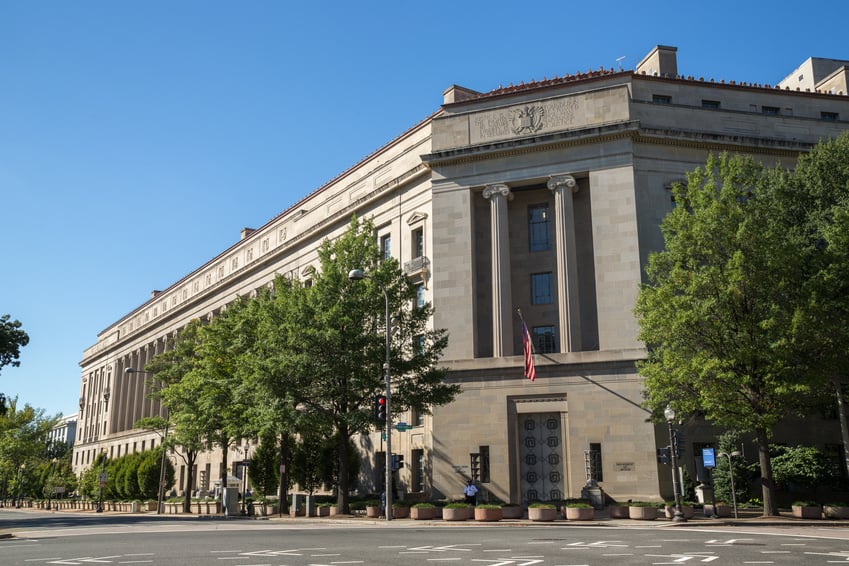On December 2, the US Government announced the latest in a long series of actions responding to allegations of forced labor of Muslim Uyghurs and other ethnic minorities in Xinjiang, China. Specifically, US Customs and Border Protection (“CBP”) issued a Withhold Release Order (“WRO”) dated November 30, 2020 against cotton products made by the Xinjiang Production and Construction Corps (“XPCC”). The WRO was issued based on information that CBP believes reasonably indicates XPCC’s use of forced labor, including convict labor. The WRO applies to all cotton and cotton products produced by XPCC and its subordinate and affiliated entities, as well as any products that are made in whole or in part with or derived from such cotton, such as apparel, garments, and textiles. The full announcement can be found here.
CBP is now instructed to detain shipments it believes are covered by the WRO. To obtain release, an importer must present proof that no forced labor was used to manufacture the goods, from raw materials to final assembly.
This means that any intermediate or finished goods containing any amount of XPCC cotton could be detained. This WRO is not the region-wide prohibition against all cotton products from Xinjiang that many interest groups have been advocating for. However, given the large presence that the XPCC has in the Xinjiang region, including in the cotton industry, there is a significant risk that imports of any goods with any degree of cotton products from Xinjiang could be detained.
As a reminder, in recent months, various arms of the US government have taken action related to allegations of forced labor in Xinjiang, adding to the compliance risks and expectations for companies doing business in Xinjiang and in China more broadly. This includes:
- Other WROs: Before this latest WRO against the XPCC, CBP issued a number of WROs against companies operating in Xinjiang, which as noted above means that goods covered by the WROs could be detained by CBP and not released absent proof of no forced labor.
- SDNs: The US Department of the Treasury’s Office of Foreign Assets Control (“OFAC”) designed the XPCC and others as Specially Designated Nationals (“SDNs”). Transactions with a US nexus that directly or indirectly involve an SDN are prohibited. Even where there is no US nexus, there is a risk that companies involved in transactions involving XPCC could themselves be designated as SDNs. Because of OFAC’s so-called “50% rule”, entities that are 50% or more owned by the XPCC or other SDNs, directly or indirectly, are treated as SDNs even if they are not specifically named on the SDN List.
- Entity List: The US Department of Commerce added the XPCC and other parties operating in Xinjiang (including textile companies) to the Entity List. As a general rule, anyone (whether a US company or not) is prohibited from exporting, reexporting, or transferring any goods, software, or technology (“items”) that are subject to US jurisdiction to parties on the Entity List. This could capture the supply of US manufacturing technology to such parties.
- Visa Restrictions: The US Department of State announced visa restrictions against certain Chinese government individuals.
- Supply Chain Business Advisory: The US Departments of State, Treasury, Commerce, and Homeland Security issued an advisory notifying companies of the various legal and compliance risks related to allegations of forced labor and other human rights issues in Xinjiang.
- Uyghur Forced Labor Prevention Act: This legislation remains pending in the US Senate, having already passed in the US House of Representatives. It would establish a rebuttable presumption that all labor in Xinjiang is forced labor, as is any labor associated with Xinjiang’s poverty alleviation or mutual pairing assistance programs. While this legislation has bipartisan support, there is not much time for the Senate to act before Congress adjourns later this month. We may see this legislation reintroduced in the next Congress.
Companies that source from Xinjiang and China more generally should continue to monitor their supply chains for potential forced labor-related compliance considerations under all applicable regulatory regimes. Companies should confirm that they have a supply chain auditing and monitoring/due diligence function in place that meets best practices and regulator expectations. As the same transaction may present several Xinjiang-related risks, it is critical that companies take a holistic (rather than siloed) approach in identifying, assessing, and mitigating these risks.



